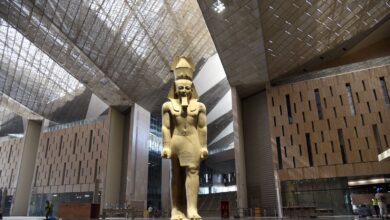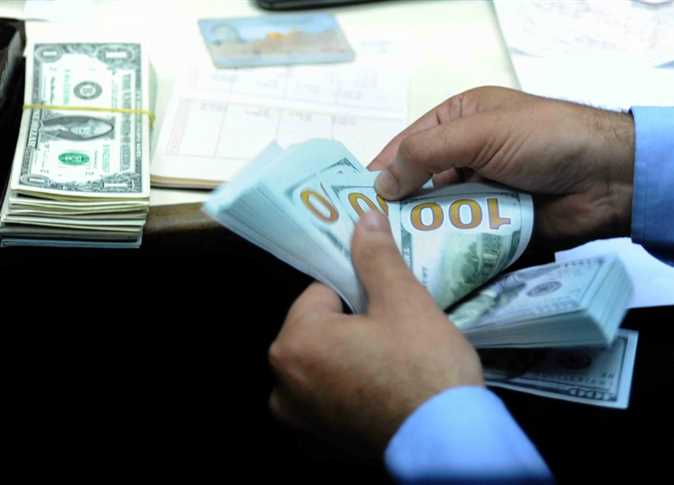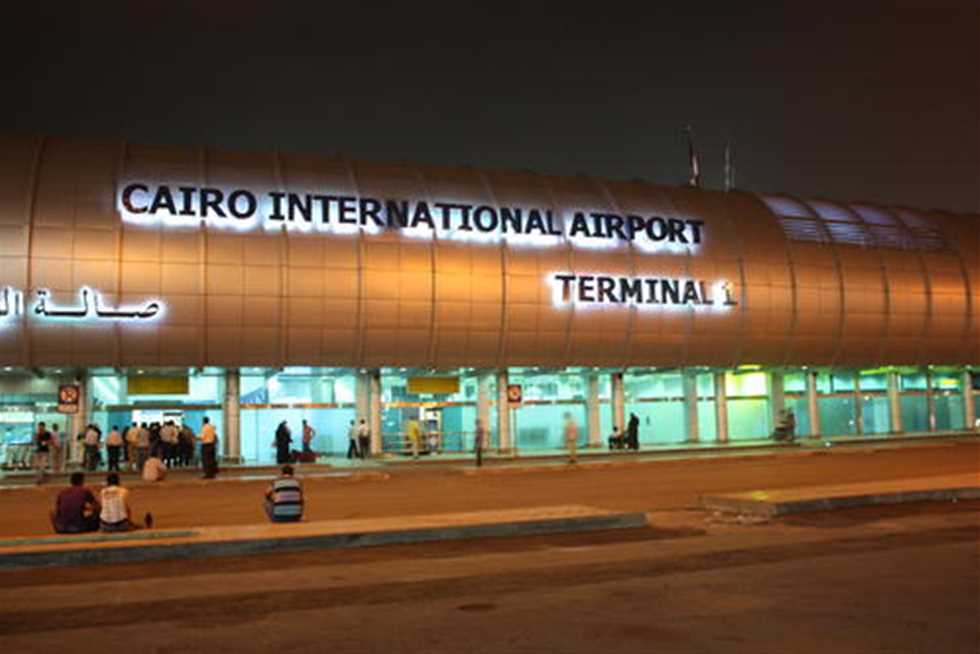Saudi businessmen have said that Egypt has responded positively to demands that their investments in the country be protected, reported Saudi paper Al-Eqtisadiah on Saturday.
Saudi investments in Egypt are estimated as being worth around US$12 billion, of which $4 billion worth are facing major problems, the paper said.
It quoted a Saudi businessman in Egypt as saying that during an upcoming meeting between the Saudi-Egyptian Business Council and the Egyptian People's Assembly speaker, the investors will list their grievances and the rights they have been deprived of without compensation since the Egyptian uprising began.
The source said the meeting must offer solutions satisfactory to both sides in order to prevent investors resorting to international arbitration.
A large community of around 700,000 Saudis live in Egypt.
According to the newspaper, Saudi investors in Egypt believe that their rights have been disregarded after the government revoked their contracts, considering them null and void.
Some Saudi companies in Egypt have been closed and seized by the government due to court rulings, said the paper.
The paper said that most Saudi investments are in retail, tourism, hotels, manufacturing and real estate, and that these are long-established projects that have significantly served the Egyptian economy.
Investors have demanded that the relevant authorities in Saudi Arabia help them protect their investments.
"Saudi Arabia has supported Egypt's economy at many difficult times, the latest of which was following the events of the Arab Spring, so it is important to maintain the Saudi investments that pumped and supported [economic] development for many years, and not seize [projects] unjustly," the source said.
The newspaper quoted Abdallah Dahlan, head of the Saudi-Egyptian Business Council, as saying that there are issues that need to be discussed, such as the suspension of land privatization, tourism investments and industrial investments.
"There are about 1,400 plants in Egypt that have had their work suspended or their production rates decreased, and this is expected under the circumstances experienced by the country," Dahlan said.




